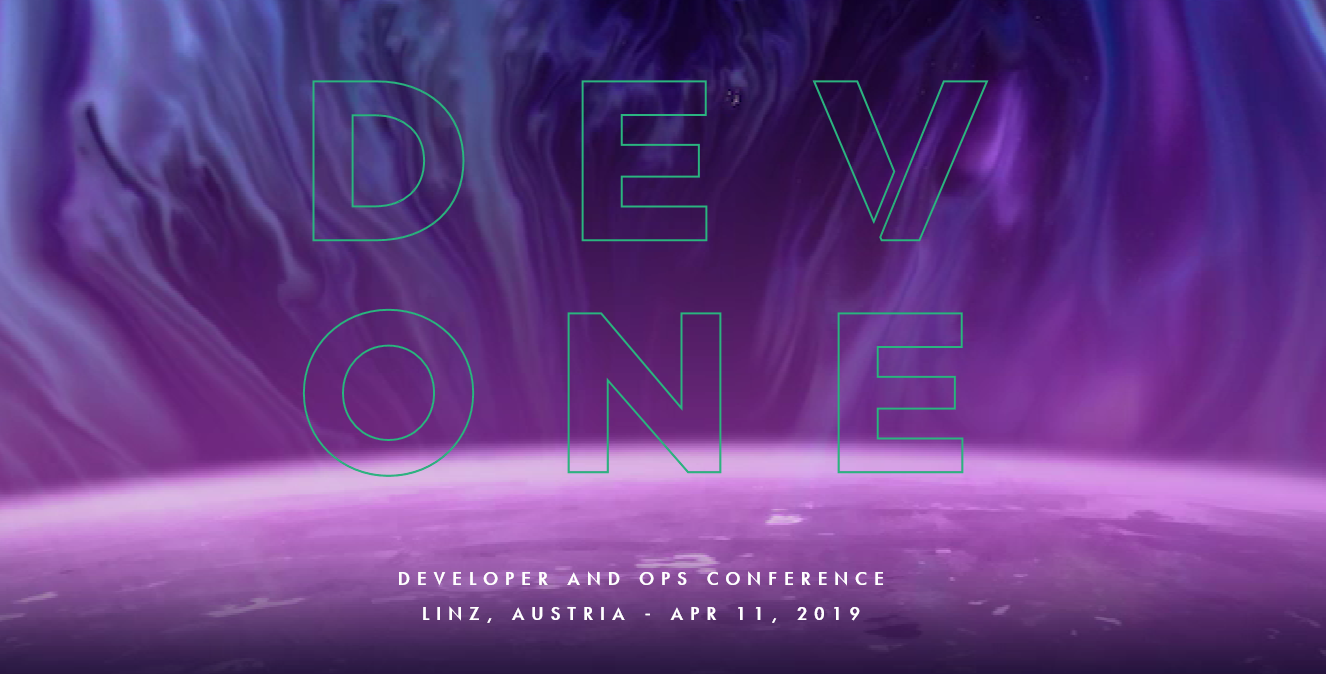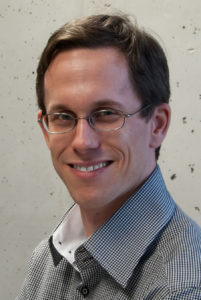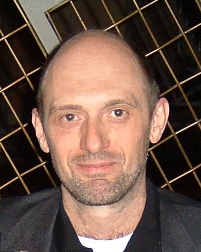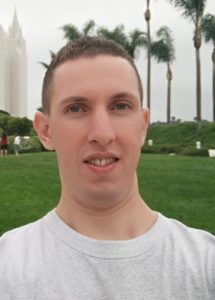JOANNEUM RESEARCH Forschungsgesellschaft mbH (JOANNEUM RESEARCH) is a business-oriented leader of innovation and a technology provider. It is linked to a worldwide network and has provided cutting-edge research according to the highest international standards for over forty years. With a focus on applied research and technology development, JOANNEUM RESEARCH plays a key role in transfer of technology and know-how. Our 2015 established ROBOTICS institute focuses primarily on innovative industrial robotics, human-robot collaboration for innovative production processes as well as on robot safety.
For our location at the Lakeside Science & Technology Park in Klagenfurt, Austria, we are seeking a highly motivated
Research Engineer
Robotics and Sensors
[PDF]
As a Research Engineer you will be actively involved in applied research and development projects. We seek for enthusiastic, proactive individuals with the following robotic-related knowledge, sensor experience and qualification:
- University degree in the field of electrical engineering, information and communication engineering, information and computer engineering or equal
- Relation to sensors and ideally to robotics from practise or your study/expertise
- Experience in modelling of sensor systems, e.g., finite element method
- Knowledge in analog and digital signal processing
- Knowledge in hardware design
- Programming skills in one of the following languages: C/C++, Python, Matlab/SciLab
We expect applicants to have experience in research projects and advanced knowledge of the relevant hardware and software tools according to the scope of work. Excellent spoken and written command of English is obligatory and communication skills in German would be an advantage.
This is a great opportunity to be actively involved in the set-up phase of our research institute at our location in Carinthia, Austria. We provide a specific internal competence development concept for your professional and personal career development. An attractive, team-oriented working environment with state-of-the-art infrastructure and flexible working time complete this attractive job offer at JOANNEUM RESEARCH.
This position is subject to the collective agreement for employees in non-university research and remunerated with a minimum annual gross salary of € 42.742,–. Depending on your qualifications and experience, higher remuneration is possible.
We would like to point out that any expenses incurred in connection with your application – such as travel expenses, daily allowances or overnight stays – will not be reimbursed.
We are looking forward to receiving convincing applications from committed scientist and team players via e-mail by January 6th, 2019.
JOANNEUM RESEARCH Forschungsgesellschaft mbH
ROBOTICS – Institute for Robotics and Mechatronics
www.joanneum.at/robotics
Ms. Tanja Stark
Tel: +43 316 876-2003
E-Mail: PEMBewerbungen@joanneum.at
Subject: Research Engineer ROBOTICS and Sensors






